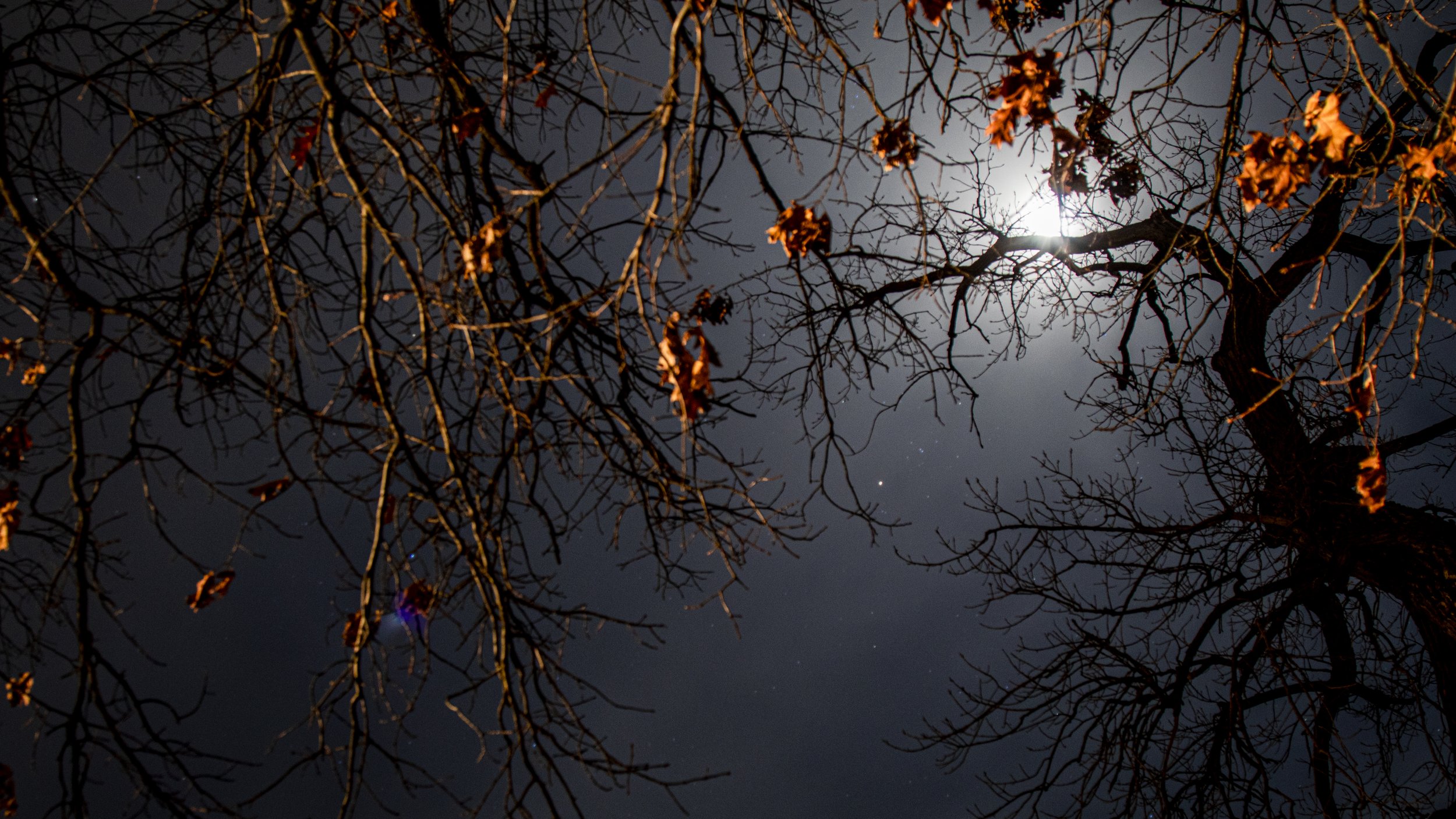
Frequently Asked Questions
What does a cinematographer (or director of photography) actually do?
A cinematographer is in charge of how a film or video looks visually. They work closely with the director to decide how scenes are lit, framed, and shot. Their job is to turn the story into powerful images using camera angles, lighting, and movement.
What cameras and lenses do you use?
I mainly shoot with Canon cameras paired with Sigma lenses—they give me that clean, sharp look I love. But I’m also a big fan of Sony’s style and color science, so I’m planning to add a Sony FX3 to my kit soon for more personal creative work.
How do you achieve that "cinematic look"?
The trick to cinematic shots comes down to a few key elements. First, you need depth—something in the foreground, midground, and background to give the frame dimension. Lighting is crucial: use it to highlight your subject and shape the scene with shadows that guide the viewer’s focus. Finally, slow, controlled camera movement adds polish and keeps the audience immersed without distraction.
What's the difference between cinematography and videography?
Cinematography focuses on storytelling through visuals—using lighting, composition, and movement to create a specific mood or style. Videography is more about capturing events as they happen, like weddings or live events, with less emphasis on cinematic style.
How important is lighting in cinematography?
How do you plan your shots?
It all starts with the script. I read it closely and visualize what the scene should feel like—what the writer is trying to express emotionally and visually. After sitting with that vision for a while, I move into storyboarding. That’s where I start laying out camera movement, framing, and talent blocking. It helps me test what works and gives the director a clear window into the images I have in mind before we ever roll camera.
What advice would you give to someone starting out in cinematography?
Start now—don’t wait. The sooner you begin, the sooner you’ll develop your own creative style and eye. You don’t need fancy gear either—use your phone if that’s what you’ve got. Can’t find anyone to film? Set up a tripod and film yourself. You’ll learn a ton just by shooting, watching it back, and figuring out what works. Experience is the best teacher in this industry.